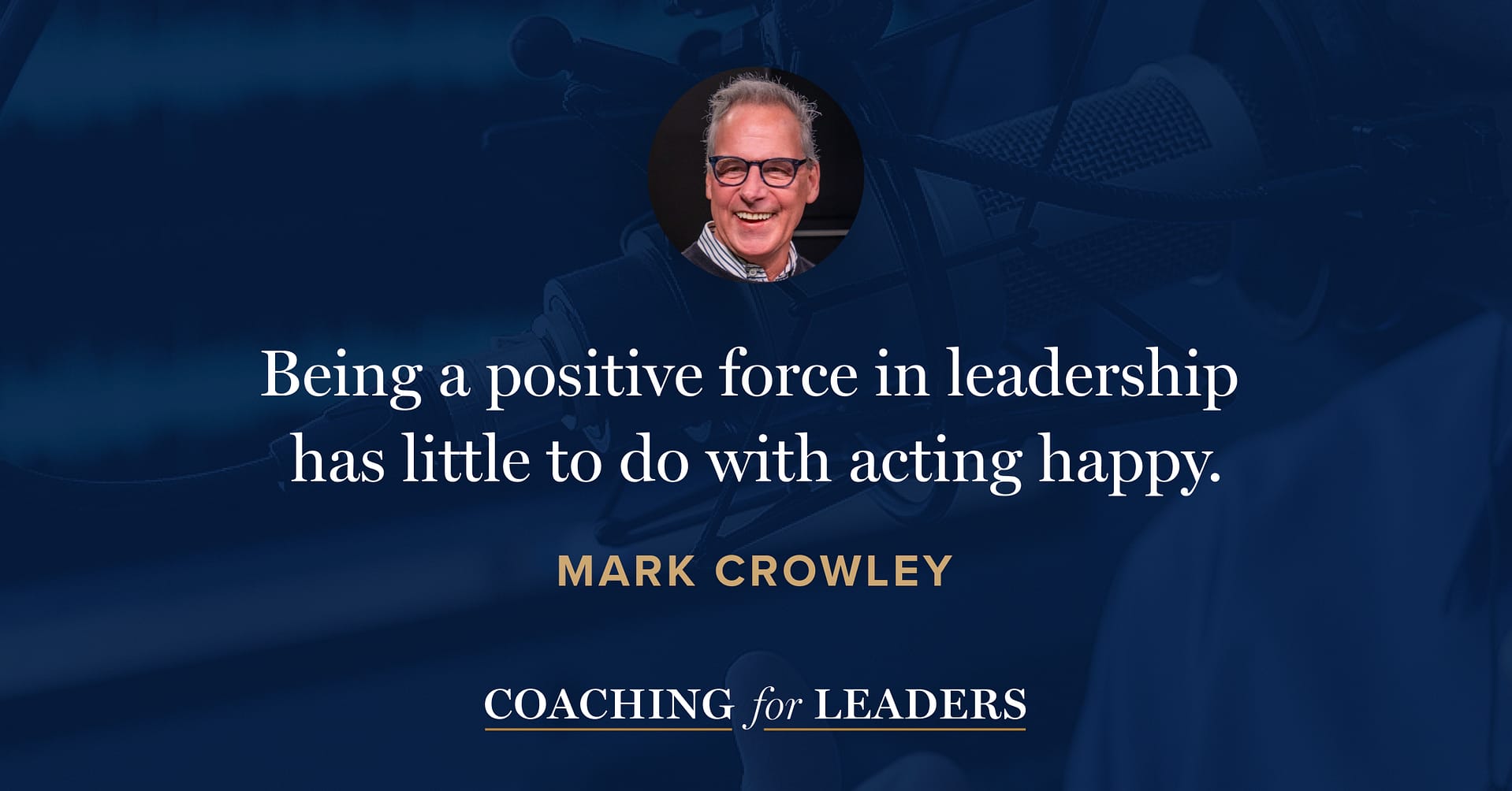Mark Crowley: The Power of Employee Well-Being
Mark Crowley is a pioneer in workplace leadership, a speaker, and the bestselling author of Lead from the Heart. He is the host of the Lead from the Heart podcast. His new book is The Power of Employee Well-Being: Move Beyond Engagement to Build Flourishing Teams (Amazon, Bookshop)*.
When I talk with leaders, many of them tell me that it’s really hard to decide on how much recognition to give people vs. constructive or critical feedback. In this conversation, Mark and I highlight the ideal ratio to calibrate our communications so that we support people’s well-being while also helping them grow.
Key Points
- Despite the focus on employee engagement, actual engagement scores are the same or worse than a decade ago.
- Post-COVID, there’s a massive move towards employee well-being. This is good for both the organization and the employee.
- An ideal positivity ratio is 4:1 in many relationships. That’s four positive interactions for every constructive or critical interaction.
- We react more strongly to negative influence than positive influence, thus the need for a ratio favoring the positive.
- Positive interactions include optimism, enthusiasm, solutions orientation, encouragement, kindness, thoughtfulness, approachability, interest, and appreciation.
- Leaders still must make unpopular decisions, set expectations, and give critical feedback. Positive interactions are in addition to these, not instead of them.
Resources Mentioned
- The Power of Employee Well-Being: Move Beyond Engagement to Build Flourishing Teams (Amazon, Bookshop)* by Mark Crowley
Interview Notes
Download my interview notes in PDF format (free membership required).
Related Episodes
- How to Build Psychological Safety, with Amy Edmondson (episode 404)
- Gallup Findings on the Changing Nature of Work, with Jim Harter (episode 409)
- The Way to Notice People Better, with Zach Mercurio (episode 733)
Discover More
Activate your free membership for full access to the entire library of interviews since 2011, searchable by topic. To accelerate your learning, uncover more inside Coaching for Leaders Plus.





